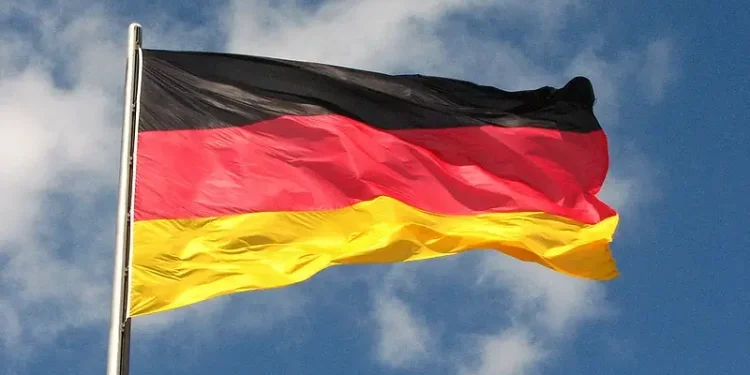The UK and Germany have officially signed a Friendship and Bilateral Cooperation Treaty in July 2025, initiating 17 collaborative projects across defense, migration, and energy sectors.
This treaty aims to fortify EU security post-Brexit, addressing shared challenges and setting a framework for future cooperation.
Details of the UK-Germany Friendship and Bilateral Cooperation Treaty
The treaty, signed in July 2025, encompasses 17 significant projects that include defense collaborations, migration management, and energy infrastructure enhancements. These initiatives are set to be reviewed biennially by a Joint Cabinet, ensuring ongoing relevance and effectiveness.
Key projects highlighted include the Trinity House Defence Agreement and support mechanisms for Ukraine, showcasing a commitment to regional stability and mutual security interests.
Migration Policies and Technological Advancements
Germany has announced plans to criminalize facilitating illegal migration to the UK by the end of 2025, targeting smuggling networks. This move is part of a broader strategy to manage migration flows and enhance border security collaboratively.
Additionally, the introduction of e-gates for frequent travelers between the UK and Germany by August 2025 aims to streamline movement and bolster security measures.
Defense Initiatives and Strategic Partnerships
The treaty includes the development of a £2,000 km-range Deep Precision Strike capability, a significant step in providing conventional deterrence in Europe. This initiative reflects a deepened defense partnership under the new treaty.
Strategic partnerships are also being developed in advanced technologies, including AI, quantum computing, and battery ecosystems, positioning both nations at the forefront of technological innovation.
Infrastructure Developments and Cultural Exchanges
A proposed direct rail link between London and Germany, featuring ‘juxtaposed controls’, is expected to enable seamless travel within a decade, enhancing connectivity and economic ties.
The treaty also emphasizes educational and cultural exchanges, facilitating easier travel for students and fostering long-term people-to-people ties.
Significant Treaty Highlights
| Category | Detail |
|---|---|
| Defense Collaboration | £2,000 km-range Deep Precision Strike capability |
| Migration Policy | Germany to criminalize illegal migration facilitation by end of 2025 |
| Technological Partnership | Advancements in AI, quantum computing, and batteries |
| Infrastructure Project | Proposed direct London-Germany rail link |
| Cultural Exchange | Enhanced student mobility and cultural ties |
| Security Measures | Introduction of e-gates for frequent travelers by August 2025 |
Implications for EU-UK Security and Cooperation
This treaty serves as a pivotal framework for EU-UK security cooperation post-Brexit, addressing current migration and energy crises. It creates institutional mechanisms for joint industrial and defense projects, potentially shifting power dynamics in European security.
Direct benefits for citizens include cheaper energy via North Sea interconnections, simplified cross-border travel, and expanded opportunities for young people through exchange programs.
A Journey Through Time: Understanding Our Past and What Lies Ahead
The treaty builds on the 2024 Trinity House Agreement focusing on defense collaboration. It contrasts with post-2016 Brexit-era tensions by institutionalizing cooperation on migration and security.
Looking forward, the treaty is expected to foster sustained bilateral cooperation, enhancing both nations’ geopolitical and economic landscapes.
Additional Reading
Sources: UK Government News, Bundesregierung Official Document, and British Embassy Berlin.
Prepared by Ivan Alexander Golden, Founder of THX News™, an independent news organization delivering timely insights from global official sources. Combines AI-analyzed research with human-edited accuracy and context.









